Like you, I have been trying to comprehend the murders of the staff of Charlie Hebdo, of innocent shoppers in Paris, and of two thousand people in Nigeria—all at the hands of killers claiming to be driven by Islam and Allah. As we recoil in horror we also must seek to frame these horrific events in a way that enables us to move beyond shock and grief to action that might prevent future carnage and destruction.
Two threads of reflection have sewn together my own effort to frame our response. The first revolves around our understanding of free speech. The second around the way “religion” affects common life.
Freedom of speech, of the press, and of the people peaceably to assemble is enshrined in our First Amendment to the US Constitution as well as in the customs, laws, and constitutions of many other countries. Along with that inalienable right, as so many are pointing out, goes the responsibility to use it in ways that do not inflame people to violence and unjust acts. But this formulation, it seems to me, is incomplete, for it always implies that the rules of the public square are set by those who claim to be offended by the speech of others. What is missing in our reflection is that these rights, like those of religion preceding them in the Amendment, are intrinsic to the creation and sustenance of a republic, of a public sphere which should be at the core of our common life and governance. We need to look at how these specific rights are part of a robust support for public life—not only its legal structure, not only government, but the myriad of associations, cultural customs, and means of communication that constitute the public realm. What threatens this public realm—this republic—is the erosion of these constituent elements or their very destruction.
In light of this public context, speech must be understood as a means for persuasion. And persuasion must rest on enough commonality of values, agreements, and testable claims that we can begin to resolve our disagreements without resort to violence. Yes, that means scientific consensus and the reasonable agreement of an educated populace. Each one of these claims is a commonplace in the democratic tradition, but they are under continual siege from those who would substitute the rule of fathers, kings, dictators, and religious absolutists. It is also under siege from those who would rely on religious pronouncement rather than scientific argument to deal with our continuing climate crisis. Beneath this republican setting for human community must exist an economy—an oikos, as I have said—that enables people to participate in the goods of public life. And here we find much of the source for the estranged and hopeless young men who are led and driven to such acts of carnage.
In short, as to thread number one, think not merely of the oral, written, or visual “speech,” but of the full public of which it is a part.
Second, concerning religion. We see a lot of discussion about whether a religion, such as Islam, and in particular the Qu’ran, incites people to violence or to peace building. We act as if it is the text and the beliefs it inspires that are the key to whether people are, rightfully or not, committing these atrocities. While texts are always important, and I am an exponent of our need to appreciate the beauty and compelling messages of peace in the Qu’ran, I think we need to look at how the religious community and organization shapes the lives and society of people who are fed by these scriptures. That is, I think it’s more a matter of ecclesiology than of dogma, more a matter of how we are organized religiously than of what we read. It is as much a matter of organization as of textual credence.
Christians have called this matter of religious organization “ecclesiology”—the theory of church organization and purpose. But every religious tradition has its ecclesiologies. From this perspective, it matters whether we are organized in a steep hierarchy or in a loose confederation of congregations. It matters whether religious authority is attributed only to males or whether it is open to women as well. It matters whether the men and women in its leadership are heterosexual, homosexual, married or celibate, for it is this that shapes the relationship of religion to family and of family public space. In the case of Islam, gender conflict is a massive source of strain in contemporary life. Of equal importance, as it has been for Christianity and Judaism, it matters how the religious institutions define their relationships to political power and the state. And at the heart of the struggle between Sunni and Shia, we find not merely economics and politics, but also differing theories of authority and succession of leadership. These are only three examples of “ecclesiological” differences that create enormous strains in whether or not a public life can emerge to process our disputes and dilemmas.
The horrendous and continuing acts of violence that claim our headlines and bylines have turned our attention on Islam. But we need to think of these factors of “public life” and “ecclesiology” as we ask how Muslims can counter them through religious authorities, how the local “ummah”—the community—can become a little public of true discourse before the One God, and how the transcendent One can be reflected in the equality of all believers at prayer and discourse. Indeed, these questions are at the heart of how we can reduce the violence that besets us and claim the vibrant and flourishing peace these great traditions call Shalom, Salaam, Peace.
For those of you who have followed my earlier writings, this is nothing new. It forms some of the most enduring threads in my own tapestry of thought and I invite you to take a look at it as well. Let me know how it looks from your angle.

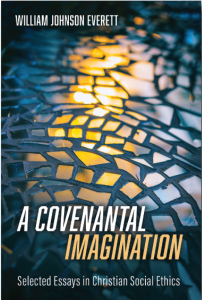
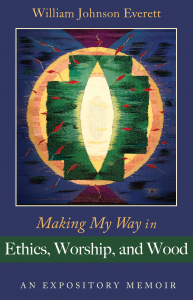
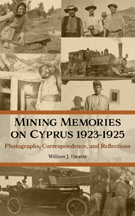
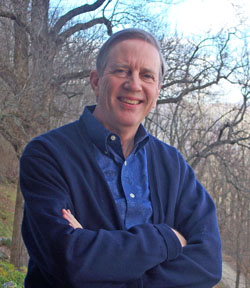
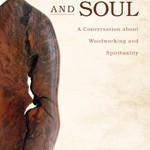
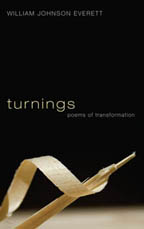
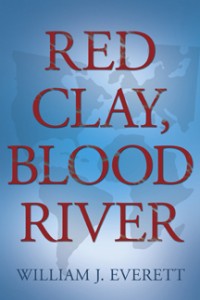 Red Clay, Blood River
Red Clay, Blood River
Your continuity and depth of thought is both a reassuring and a challenging journey into these very deep issues. My own response is to get beneath knee jerk reactions and moralisms without getting overwhelmed by the complexity of these issues. Thanks for advocating for thoughtful discourse which for me comes in new layers never before seriously considered.
Good to hear from you Barbara! Hope you are doing well. I appreciate your being in the conversation.
Thank you for opening up the discussion for me. My husband and I have been discussing it – he coming down on the side of responsibility. I sensed there was a third way, or more to the arguments, and this helps me with more food for thought!